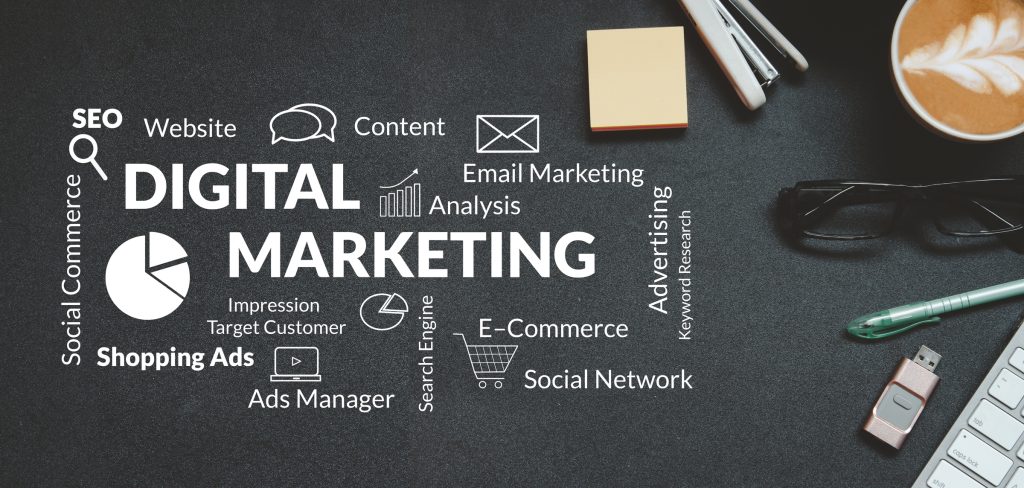But your audience is likely composed of very diverse types of people, and people have never been more opinionated than they are these days. As such, there are some actions you should take on social media platforms, as well as some things to avoid, to make sure that you don’t needlessly offend your audience or erode hard-won trust in your business.
If you share a fake hoax on your business page or make a wrong comment, you can easily drive leads away from your website or enrage your audience. So before you like, share, post, tweet, or take other actions on social media platforms, remember to keep the following in mind.
1. Checking News Validity
Right now two hot buttons in the media are “fake news” and “alternative facts.” While these two terms have political roots, the Internet has long been a source of false news stories, fake viral videos, and hoaxes. Unless the video or story is clearly a hoax and aligns in some way with your audience and business, it is best to stay away and abstain from interacting with these types of stories and posts.
Sometimes it is easy to be fooled and hoodwinked by clever storytellers, but I think most people have at least a kernel of doubt in their minds when they see a hoax. If you get that inkling, make sure you do your homework before sharing the post from your account, like it, re-tweeting it, etc. When in doubt, do a Google search on the content in question. Check for validity before sharing.
2. Don’t Stoop to the Level of Trolls and Moderate Comments
Whether you use Facebook, Twitter, or any other social media platform, chances are that you are presented with inflammatory posts every time you log in. Heck, you don’t even have to use social media. Just about every forum online, every chat room, and every box where an idiot can post text has been graced with the presence of a troll.
Trolls have been an inherent part of the Internet for years now, but the increase in social media use has made trolling more prevalent than ever before. It doesn’t matter if you mind your own business and treat others with respect. Once in a while, if you are in view of the public in an online format, you are going to attract a troll’s attention through no fault of your own (and I wouldn’t recommend provoking them).
If you find yourself in a troll’s cross-hairs, make sure you don’t give them any more ammunition.
Though it may feel tempting to try to defend your point of view, argue, or show that troll what’s what, in the end, you will only end up looking foolish. By the same token, if a troll starts bantering on comment systems on your website, it is best to nip the problem in the bud by moderating offensive content (hate speech, cursing, intentionally inflammatory statements that are off-topic, spam, etc.). Otherwise, you may find that the comment sections on your content pages turn into a troll’s playground.
3. Separating Personal and Professional Accounts
Though it should be common sense, you will also want to make sure that your business’s social media accounts don’t cross with your personal life. For instance, you don’t want to make the mistake of posting the wrong pictures (those of your family, birthday, graduation, etc.) on your business page. Furthermore, it may not be a good idea to tag family members in business posts or use them to distribute content.
Even though family members may be happy to help advertise your business and share links, the line between your business and personal life begins to fade. The last thing you want is for strangers to find links to family members’ accounts or other personal content. It is best to keep things separate.
4. A Note on Hashtags
Hashtags have been used to organize protests, start movements, advertise businesses, and strengthen communities. However, the true meaning of a trending hashtag may not be obvious or readily apparent. You want to make absolutely sure you don’t tweet a message with the wrong hashtag.
The solution is pretty simple, too. Just do your homework ahead of time and research the meaning of a hashtag. For instance, just take a look at the terribly callous Cairo hashtag blunder among Business Insider’s list of top twitter fails. Likewise, the “NotGuilty” hashtag mistake was meant to be an innocuous joke about eating tasty foods but was instead correlated with the outcome of a court trial.
These kinds of mistakes can devastate a business’s reputation, so take a little bit of time to research existing hashtags and their meanings before using them.
5. Religion and Politics
They say you are not supposed to talk about religion and politics (as well as one other subject) at a dinner party to avoid turning pleasant conversations into fierce arguments. Though there are some digital marketing exceptions, by and large, it isn’t a good idea to stir the pot by prodding at controversial topics.
I suppose obvious exceptions to this rule would be religious groups and news-centered organizations that have an online presence. However, if you are just trying to capture leads for a small local business or online storefront, there is no reason to engage in these topics. Even if you are highly opinionated, remember that many of your leads may not share the same opinions as you. And in the end, the goal is to attract new customers, not to drive them away.
Final Thoughts
Take great care before posting something on social media platforms from your business account, and make sure your personal life doesn’t bleed over from ancillary profiles. You want to make sure that you connect with your audience purely via industry-related content and appropriate humor.
Straying outside the bounds of your industry (with few exceptions) could accidentally offend large chunks of your audience and erode their trust in you. Lastly, if this all seems like too much work, then perhaps it’s time to reach out to a professional. There are ways to automate Twitter, Facebook, and social media content delivery, but managing a digital marketing campaign really is a full-time job.
____
by Will Hanke
Source: semrush.com








